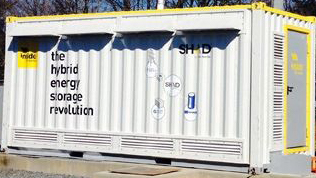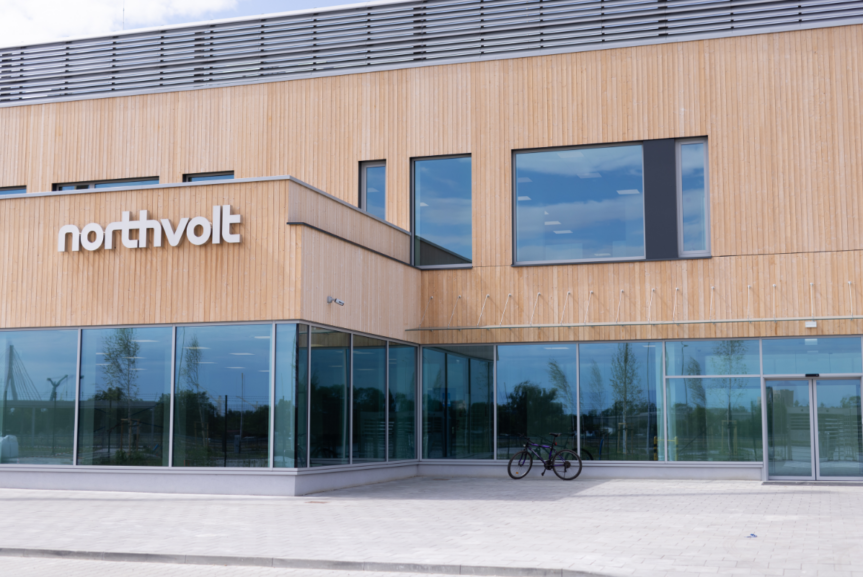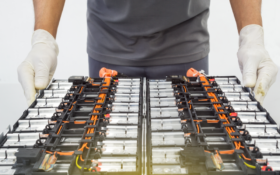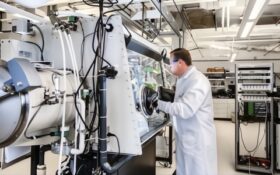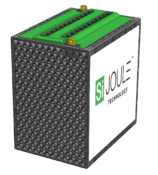Testing on a hybrid sodium-ion and ultracapacitor energy storage system has begun in the US to investigate if it can be used to stabilise a grid using renewable energy.
Duke Energy started testing the first-of-its-kind battery technology at its Rankin Substation in Gaston County, North Carolina last month in a bid to demonstrate its ability to cope with multiple service needs.
The HESS system will use Maxwell Technologies’ ultracapacitors (UCAP) to help manage real-time solar smoothing– particularly during grid power fluctuations.
The 100-kilowatt/ 300-Kwh battery, supplied by Aquion Energy which is also providing the associated engineering services, will be used for load shifting.
The Aqueous Hybrid Ion chemistry battery includes a saltwater electrolyte and synthetic cotton separator.
The four partner project also includes Win Inertia is providing the SHAD® solution which includes energy management and control systems to simultaneously operate both the battery and UCAP .
Thomas Golden, technology development manager for Duke Energy, said: “With so many solar installations in North Carolina, we must look for innovative ways to better incorporate renewable energy into our system – and still provide reliable service at a competitive price for our customers.”
“Energy storage is changing the paradigm on how we generate, distribute and use energy, said Matt Roberts, executive director of the Washington, D.C.-based Energy Storage Association
Roberts believes the demonstration of new technologies will help facilitate wider adoption across the nation.

